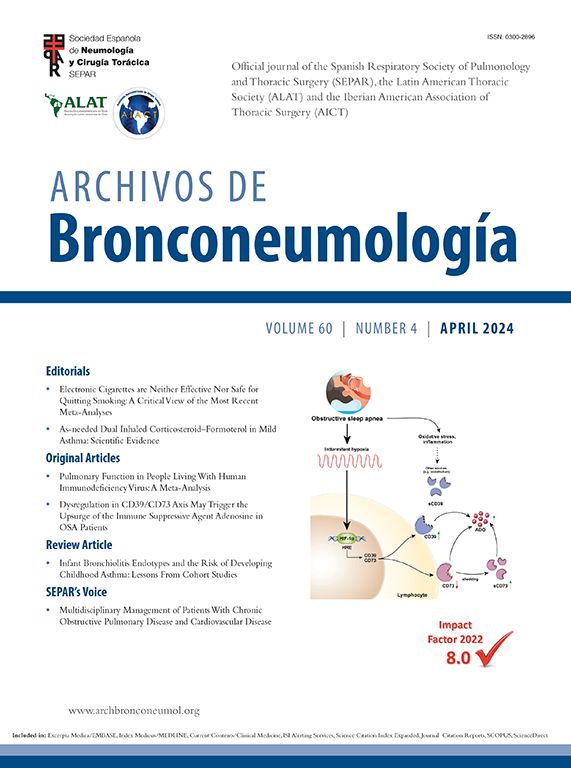Stage IIIa non-small cell lung cancer indicates extension of the primary tumor either to chest wall or proximally and/or mediastinal lymph node involvement. This significantly worsens the prognosis. T3 tumors can be completely excised with a 30-50% five year survival rate if no nodes are involved. Adjuvant chemotherapy has not been demonstrated to improve survival and adjuvant radiotherapy decreases loco-recurrence rate without affecting survival. Mediastinal lymph node involvement identified preoperatively has a very poor prognosis with less than 10% of such patients cured following surgical resection. Studies are underway to assess the value of induction chemo/radiotherapy for this stage of disease. Mediastinal disease discovered only at the time of surgery should be resected but the ultimate five year survival rate cannot be expected to be greater than 30%. Adjuvant radiotherapy is often employed to decrease locoregional recurrence rate.
Surgeons must be very selective in offering surgical resection for patients preoperatively identified to have stage IIIa disease and must be able to ensure that a complete resection is possible.
El estadio IIIa del cáncer de pulmón de células no pequeñas indica que el tumor primario se ha extendido a la pared torácica adyacente y/o ha invadido las adenopatías mediastínicas. Este hecho empeora significativamente el pronóstico. Los tumores T3 pueden ser extirpados por completo con una tasa de supervivencia a los cinco años del 30 al 50% si no existe invasión ganglionar. La quimioterapia adyuvante no ha demostrado aumentar la supervivencia y la radioterapia adyuvante puede disminuir la tasa de recidivas locales del proceso pero no influye en la supervivencia. La invasión mediastínica ganglionar identificada preoperatoriamente encierra muy mal pronóstico de suerte que menos del 10% de tales pacientes sometidos a resección quirúrgica pueden ser considerados como curados. Hay estudios en curso para establecer el valor de la quimio/radioterapia inducidas en este estadio de la enfermedad. Cuando se descubre la invasión mediastínica al tiempo de verificar la intervención quirúrgica, se debe efectuar la extirpación del tumor, pero no cabe esperar una supervivencia mayor del 30% al cabo de cinco años. La radioterapia adyuvante es utilizada frecuentemente para disminuir la recidiva local.
El cirujano debe ser muy selectivo al plantear la extirpación quirúrgica de aquellos casos identificados preoperatoriamente de estadio IIIa, debiendo garantizar que la extirpación total del proceso es posible.











